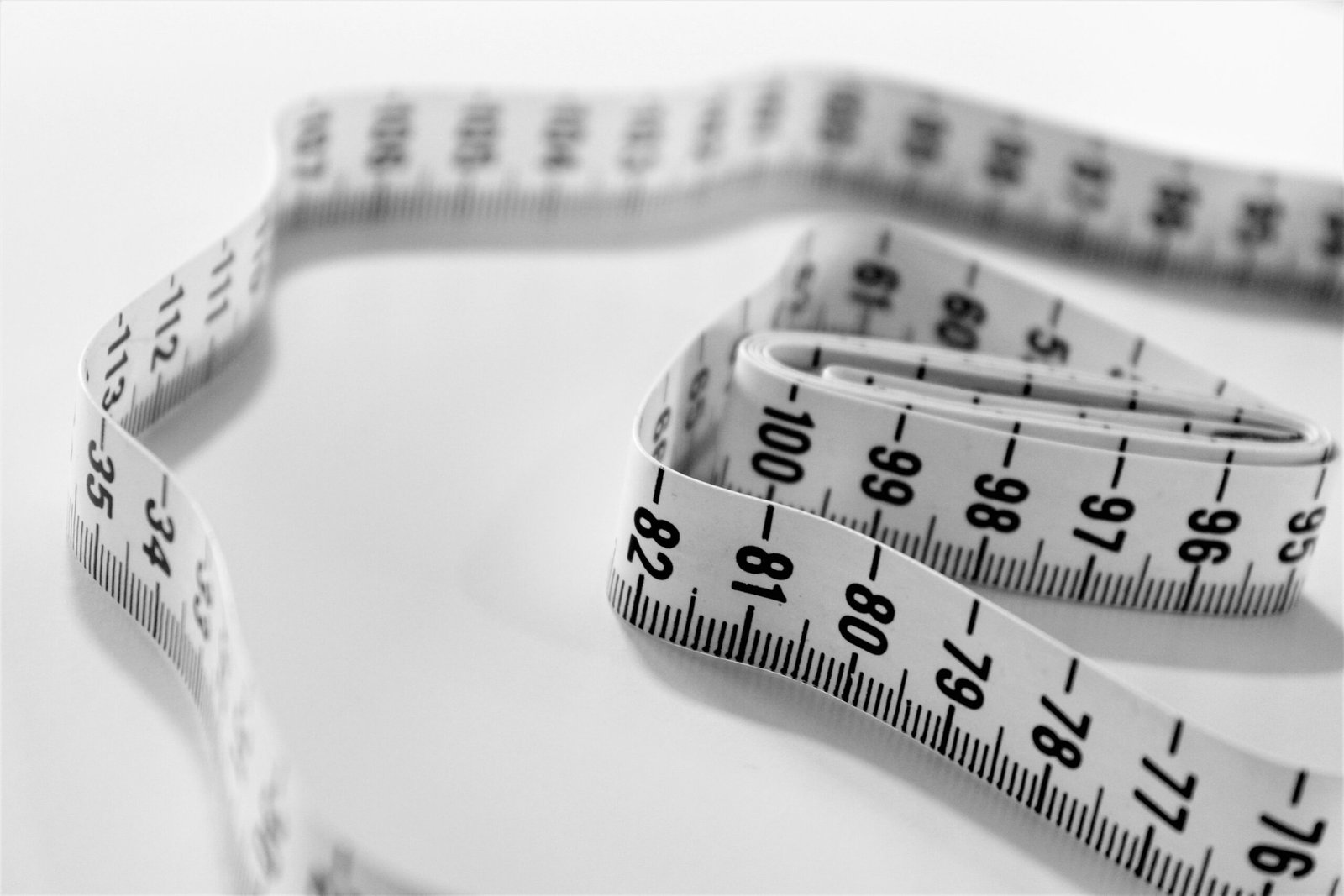One of the main reasons why portion control is so important in weight management is because it helps regulate calorie intake. When we consume more calories than our bodies need, the excess energy is stored as fat, leading to weight gain over time. By being mindful of portion sizes, we can ensure that we are not overeating and consuming more calories than necessary.
Another benefit of practicing portion control is that it allows us to enjoy a variety of foods while still maintaining a healthy weight. Rather than completely restricting ourselves from certain foods, portion control allows us to indulge in our favorite treats in moderation. This can help prevent feelings of deprivation and make it easier to stick to a balanced and sustainable eating plan.
In addition to weight management, portion control also plays a role in promoting overall health and well-being. When we consume large portions of food, our bodies have to work harder to digest and process it. This can lead to feelings of sluggishness and discomfort. By practicing portion control, we can avoid overloading our digestive system and promote better digestion.
Furthermore, portion control can help prevent chronic diseases such as diabetes, heart disease, and certain types of cancer. When we consistently consume large portions of high-calorie foods, our risk of developing these conditions increases. By being mindful of portion sizes and choosing nutrient-dense foods, we can reduce our risk and improve our long-term health.
Practicing portion control can be challenging, especially in a society that encourages large portion sizes and indulgence. However, there are several strategies that can help make it easier. One approach is to use smaller plates and bowls, which can visually trick our brains into thinking we are consuming more food than we actually are. Another strategy is to listen to our body’s hunger and fullness cues, eating until we are satisfied rather than stuffed.
In conclusion, portion control is a vital component of weight management and overall health. By being mindful of portion sizes and making conscious choices about the quantity of food we consume, we can achieve and maintain a healthy weight, prevent chronic diseases, and improve our well-being.
What is Portion Control?
Portion control refers to the practice of eating the appropriate amount of food for your body’s needs. It involves being mindful of portion sizes and not exceeding the recommended amounts. This means paying attention to the quantity of food consumed, rather than simply relying on hunger cues or eating until full.
Portion control is an essential component of maintaining a healthy diet and managing weight. With the prevalence of oversized portions in today’s society, it is easy to consume more calories than necessary. This can lead to weight gain and various health issues such as obesity, diabetes, and heart disease.
One of the main reasons portion control is crucial is that it helps regulate calorie intake. When we eat more than our bodies require, the excess calories are stored as fat. Over time, this can result in weight gain and a higher risk of obesity-related diseases. By practicing portion control, we can ensure that we are consuming the right amount of calories to maintain a healthy weight.
Another benefit of portion control is that it allows us to enjoy a wider variety of foods. When we eat in moderation, we can include a balanced mix of proteins, carbohydrates, fats, and other essential nutrients in our meals. This promotes overall health and provides our bodies with the necessary fuel to function optimally.
Portion control also plays a role in preventing overeating and promoting satiety. When we eat slowly and mindfully, paying attention to the amount of food on our plates, we are more likely to feel satisfied with smaller portions. This helps prevent the temptation to continue eating beyond our body’s needs and promotes a healthier relationship with food.
Practicing portion control does not mean depriving ourselves of our favorite foods or restricting our diets excessively. It is about finding a balance and making informed choices about what and how much we eat. This can be achieved by using visual cues, such as measuring cups or comparing portion sizes to everyday objects, to gauge appropriate serving sizes.
Incorporating portion control into our daily lives can be challenging at first, especially if we are accustomed to larger portions. However, with practice and awareness, it becomes easier to make mindful decisions about our food intake. By taking control of our portion sizes, we can improve our overall health, manage our weight, and enjoy a more balanced and satisfying diet.
6. Prevention of Overeating: Another important reason why portion control is crucial for weight management is that it helps prevent overeating. When individuals consume larger portions than necessary, they often eat beyond their body’s satiety signals, leading to excessive calorie intake. By practicing portion control, individuals can train themselves to recognize and respond to their body’s hunger and fullness cues, preventing overeating and promoting a healthier relationship with food.
7. Improved Digestion: Proper portion control can also contribute to improved digestion. When individuals eat large portions, their digestive system may become overloaded, leading to discomfort, bloating, and indigestion. By consuming appropriate portion sizes, individuals can give their digestive system a chance to efficiently break down and absorb nutrients, resulting in better digestion and overall gastrointestinal health.
8. Blood Sugar Management: Portion control is particularly important for individuals with diabetes or those at risk of developing the condition. By consuming consistent portion sizes that are balanced in carbohydrates, proteins, and fats, individuals can help regulate their blood sugar levels. This is crucial for managing diabetes and preventing complications associated with unstable blood sugar levels.
9. Increased Energy Levels: When individuals consume large portions, especially of calorie-dense foods, they may experience a temporary energy boost followed by a crash. This rollercoaster effect can leave individuals feeling fatigued and sluggish. By practicing portion control and consuming balanced meals, individuals can maintain steady energy levels throughout the day, promoting productivity and overall well-being.
10. Healthier Relationship with Food: Lastly, portion control can help individuals develop a healthier relationship with food. By being mindful of portion sizes and making conscious choices, individuals can learn to enjoy their meals without guilt or anxiety. This can contribute to a positive mindset around food, reducing the likelihood of disordered eating patterns and promoting a sustainable, balanced approach to nutrition.
7. Use Visual Cues: Visual cues can be a helpful tool in practicing portion control. For example, a deck of cards can be used as a reference for the appropriate portion size of meat or poultry. Similarly, a tennis ball can be used as a guide for the appropriate portion size of fruits or vegetables.
8. Fill Half Your Plate with Vegetables: One effective way to practice portion control is to fill half of your plate with vegetables. Vegetables are low in calories and high in fiber, which can help you feel full and satisfied without consuming excessive calories.
9. Avoid Distractions While Eating: Eating while distracted, such as watching TV or using your phone, can lead to mindless eating and overconsumption. To practice portion control, it’s important to focus on your meal and be present in the moment.
10. Practice Portion Control at Restaurants: Eating out at restaurants can often lead to larger portion sizes. To practice portion control, consider splitting a meal with a friend or asking for a to-go box at the beginning of the meal to portion out a smaller amount.
11. Allow for Treats in Moderation: Practicing portion control doesn’t mean you have to completely eliminate your favorite treats. Instead, allow yourself to enjoy them in moderation. For example, instead of eating an entire chocolate bar, have a small piece and savor it.
12. Seek Support: If portion control is a challenge for you, consider seeking support from a registered dietitian or joining a support group. They can provide guidance, accountability, and helpful strategies to help you practice portion control effectively.
Remember, portion control is not about depriving yourself of food. It’s about finding a balance and nourishing your body with the right amount of food. By incorporating these tips into your daily routine, you can develop a healthier relationship with food and achieve your health and wellness goals.


